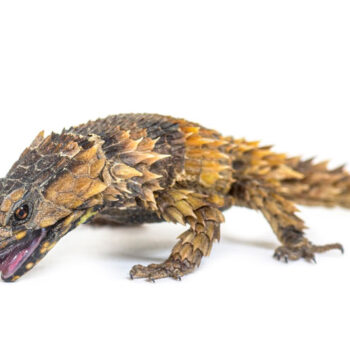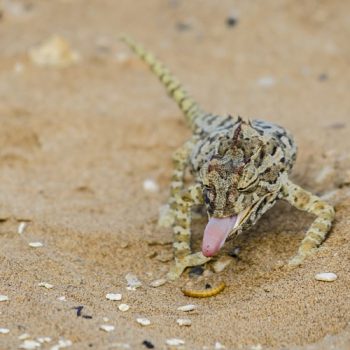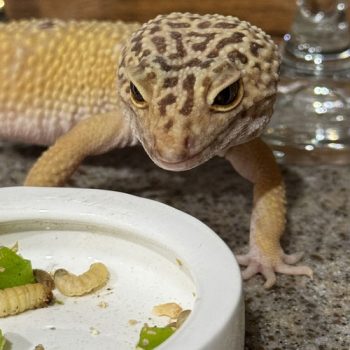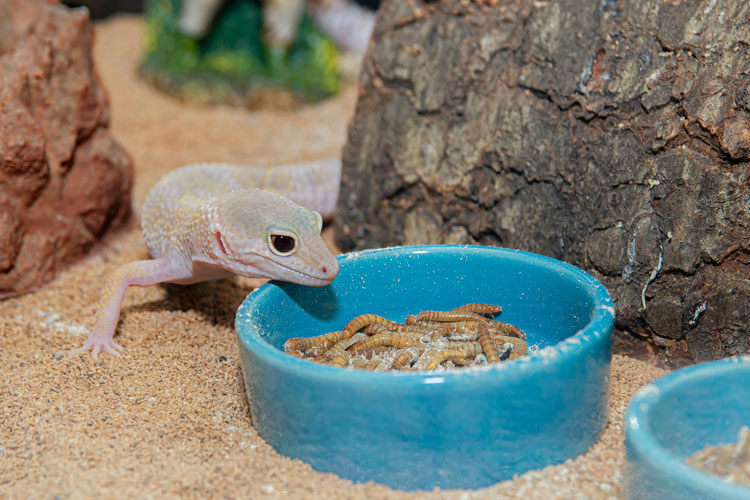
Mealworms are a Powerhouse of Nutrition for Pet Reptiles
When it comes to providing a well-rounded nutrition for pet reptiles, it’s important to consider the nutritional needs of these fascinating creatures. Mealworms, the larval form of darkling beetles, have gained popularity as a nutritious and beneficial food source for many reptile species. In this blog, we will delve into the world of mealworms and explore their incredible nutritional value and the benefits they offer to your beloved reptilian companions.
- High Protein Content:
Protein is a crucial component of a reptile’s diet, as it supports growth, tissue repair, and overall development. Mealworms are exceptionally rich in protein, making them an excellent source to meet your pet reptile’s dietary requirements. The protein content in mealworms helps promote muscle development, aids in shedding, and supports the production of essential enzymes.
- Essential Fatty Acids:
Mealworms contain essential fatty acids, including omega-3 and omega-6 fatty acids, which play a vital role in a reptile’s overall health. These fatty acids contribute to skin and scale health, promote a healthy immune system, and support proper brain function. By incorporating mealworms into your reptile’s diet, you provide them with a natural source of these beneficial fatty acids.
- Nutrient-Rich Profile:
Mealworms are packed with a wide range of nutrients that contribute to a balanced reptile diet. They contain vitamins such as vitamin A, vitamin E, and vitamin B complex, which are essential for vision, immune function, and overall well-being. Additionally, mealworms are a good source of minerals like calcium and phosphorus, crucial for healthy bone development and muscle function.
- Promote Natural Foraging Behavior:
In the wild, reptiles exhibit natural foraging behavior, hunting and capturing their prey. Offering mealworms to your pet reptile allows them to engage in this instinctual behavior, promoting mental stimulation and overall enrichment. Watching your reptile hunt and consume mealworms can be both entertaining for you and beneficial for their well-being.
- Versatile and Convenient:
Mealworms are available in various forms, including live, dried, or freeze-dried. This versatility allows reptile owners to choose the most convenient option that suits their specific needs. Live mealworms offer the most natural hunting experience, while dried or freeze-dried mealworms are more convenient for storage and feeding.
- Easy Digestion:
One of the advantages of mealworms for reptiles is their easy digestibility. Unlike some other food sources, mealworms have a soft exoskeleton that is more easily broken down and absorbed by reptile digestive systems. This makes mealworms an ideal food choice, particularly for reptiles with sensitive digestive systems or those transitioning to a new diet.
- Feeding Variety:
Feeding mealworms to your pet reptile adds variety to their diet, which is important to prevent monotony and ensure they receive a wide range of nutrients. Incorporating mealworms into a well-balanced diet that includes other feeder insects, leafy greens, and vegetables offers a diverse and nutritionally-rich feeding regimen for your reptile companion.
Sunshine State Worms – Nutrition for Pet Reptiles
Mealworms are a powerhouse of nutrition for pet reptiles, providing high-quality protein, essential fatty acids, vitamins, minerals, and an engaging feeding experience. By including mealworms in your reptile’s diet, you enhance their overall well-being, support proper growth and development, and cater to their natural instincts. As with any dietary changes, it’s crucial to consult with a reptile veterinarian or an experienced reptile keeper to ensure you are meeting the specific nutritional needs of your pet reptile. Order mealworms
Post Views: 557
Recent Posts
Recent reviews
-
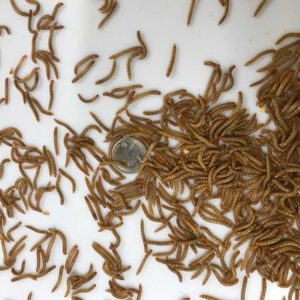 3/4" Medium Mealworms
Rated 5 out of 5by Kat Breedlove
3/4" Medium Mealworms
Rated 5 out of 5by Kat Breedlove -
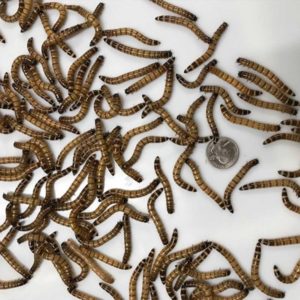 1.5-2" Large Superworms
Rated 5 out of 5by Danielle
1.5-2" Large Superworms
Rated 5 out of 5by Danielle -
 3/4" Medium Mealworms
Rated 5 out of 5by Barbara
3/4" Medium Mealworms
Rated 5 out of 5by Barbara
Tags
chameleons
crickets
crickets for sale
exotic pets
feeder insects
feeders for reptiles
fishing bait
hornworms
inspect live worms
live crickets
live crickets for sale
live feeders
live feeder worms
live worms for sale
mealworm
mealworm casting
mealworm castings
mealworms
mealworms castings
mealworms castings for sale
mealworms for birds
mealworms for chameleons
mealworms for reptiles
mealworms for sale
online worms for sale
online worm supplier
pet nutrition
pet reptile food
protein for reptiles
reptile diet
reptile diet tips
reptile feeders
reptile food
reptile food for sale
reptile health
reptile nutrition
shipping feeder insects
snack for birds
Sunshine State Worms
superworms
superworms for reptiles
superworms for sale
superworms nutrition
worms for reptiles
worms for sale

